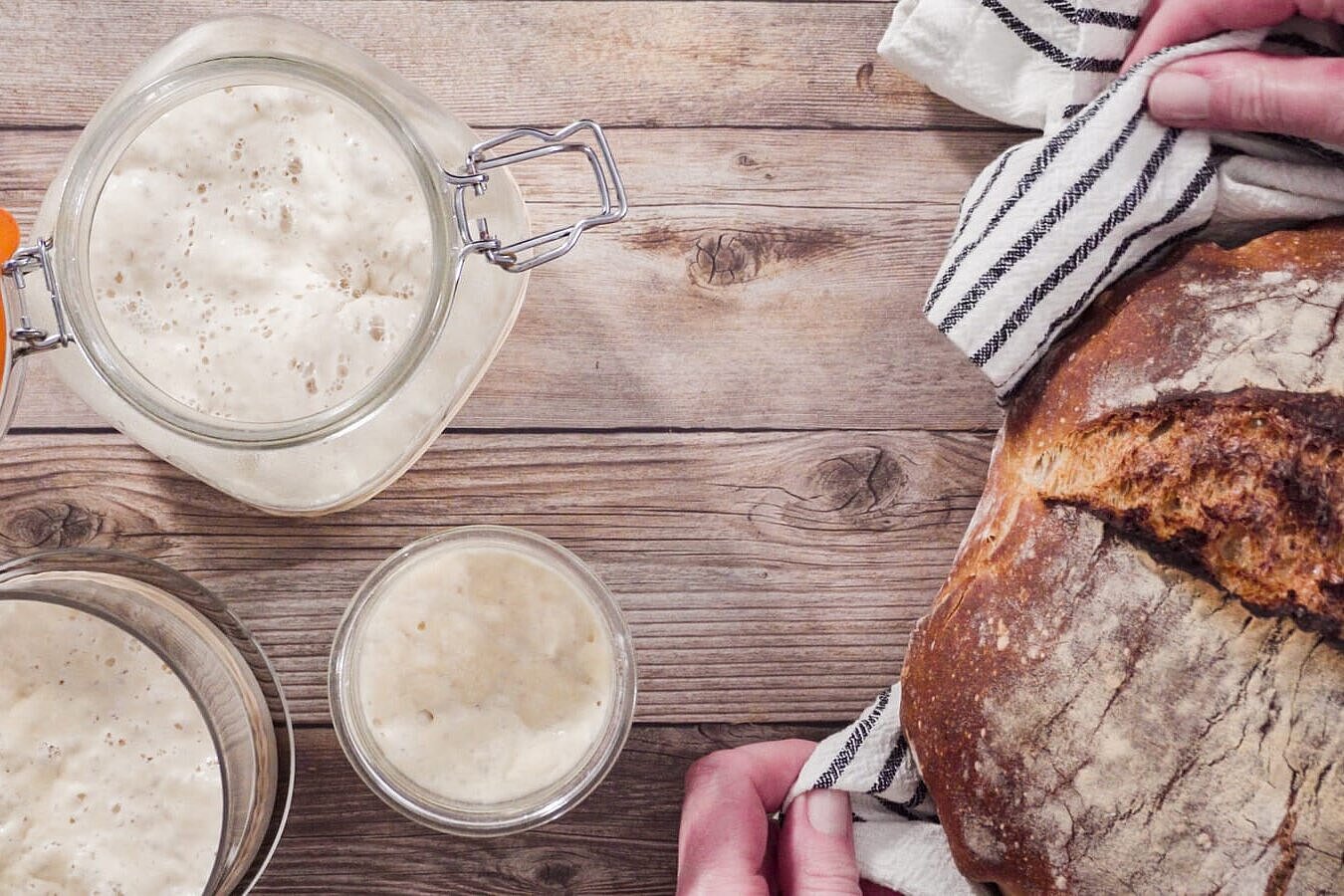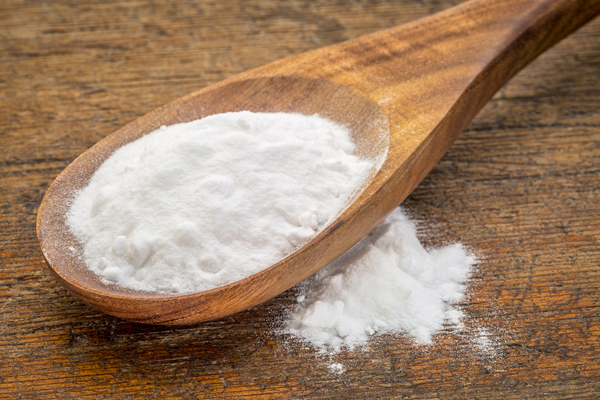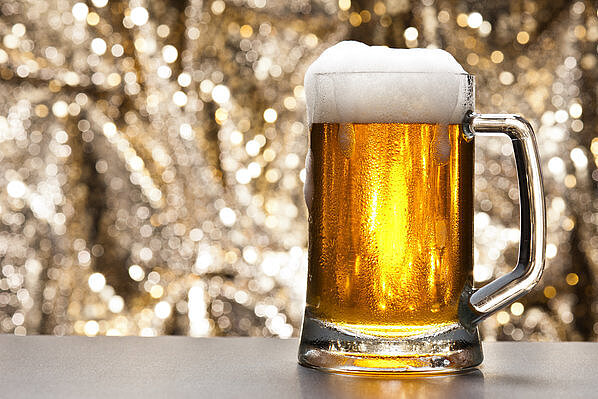Yeast

Yeast is a popular ingredient in many baked goods, but did you know that it can also be interesting for dogs? In this article, you will find out what yeast is, what advantages and disadvantages it has for your four-legged friend and what you should look out for when feeding it.
What is yeast?
Yeast is a microorganism that belongs to the fungi. It feeds on sugar and produces carbon dioxide and alcohol in the process. This process is called fermentation and is responsible for the rising of dough. There are various types of yeast, which differ in their shape, size and temperature tolerance. The best known is baker's yeast, also known as Saccharomyces cerevisiae.
What are the benefits of yeast for dogs?
Yeast contains many nutrients that are important for dogs, such as proteins, B vitamins, minerals and trace elements. It can therefore supplement your dog's diet and promote their health. For example, yeast can strengthen the immune system, improve the skin and coat, aid digestion and increase energy. Yeast also tastes good to many dogs and can be used as a treat or food additive.
What are the disadvantages of yeast for dogs?
However, yeast is not suitable for every dog. There are some risks and side effects that you should be aware of before giving your dog yeast. For example, yeast can cause bloating, diarrhea or stomach upset if fed in too large quantities or too frequently. This is because yeast continues to ferment in the stomach and forms gas. Yeast can also trigger allergies or intolerances if your dog is sensitive to it. This can manifest itself in skin rashes, itching or ear infections.
Another disadvantage of yeast is that it contains alcohol. This is toxic to dogs and can lead to symptoms of poisoning if your dog ingests too much. This can happen if your dog eats raw dough or drinks alcoholic beverages such as beer or wine. Symptoms of alcohol poisoning can include vomiting, diarrhea, tremors, shortness of breath or unconsciousness. In severe cases, alcohol poisoning can even lead to death.
How to feed dogs with yeast?
If you want to give your dog yeast, there are a few things you should keep in mind to reap the benefits and avoid the drawbacks. Here are some tips:
- Choose a suitable type of yeast. There are special yeast flakes or tablets for animals that contain less alcohol and are tailored to the needs of dogs.
- Only feed small amounts of yeast. A rule of thumb is about one teaspoon per 10 kilograms of body weight per day.
- Mix the yeast with your dog's food or water. This way you can prevent him from eating it too quickly or swallowing it.
- Observe your dog after feeding yeast. If he shows signs of discomfort or intolerance, you should discontinue the yeast and seek veterinary advice if necessary.
- Avoid raw dough or alcoholic drinks for your dog. These can be dangerous and should be kept out of your dog's reach.
Yeast can be a useful supplement for dogs if fed correctly. It can provide many nutrients and improve your dog's well-being. However, you should also be aware of the possible risks and side effects and monitor your dog accordingly.
Properties 4
Are you looking for other ingredients with a specific property?
Just click on them to find more.
If you notice any signs of hypersensitivity or poisoning in your dog, you should see your vet immediately. We are not a substitute for a vet, but we try to be as accurate as possible. Every dog reacts differently and we recommend you get a second opinion or consult your vet if in doubt.
Stay healthy and take good care of your four-legged friend!😊
Similar to Yeast
Yeast extract is a product obtained from yeast. Yeast is a microorganism that converts sugar into alcohol and carbon dioxide. This process is also called fermentation and is used, for example, in...
Leavening agents are substances that are contained in the dough or in baking mixes and ensure that the dough rises. There are different types of raising agents. The best known are yeast, baking soda...
Beer is a beverage made by fermenting starchy substances. Barley, wheat or other types of grain are usually used for this. During fermentation, yeasts convert the sugar into alcohol and carbon...
Yoghurt is a dairy product made by fermenting milk with certain bacterial cultures. This converts the lactose, i.e. the milk sugar, into lactic acid. This gives yogurt its typical taste and creamy...



